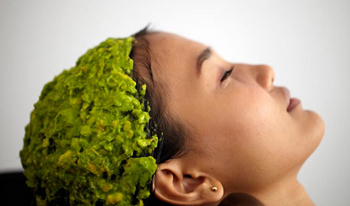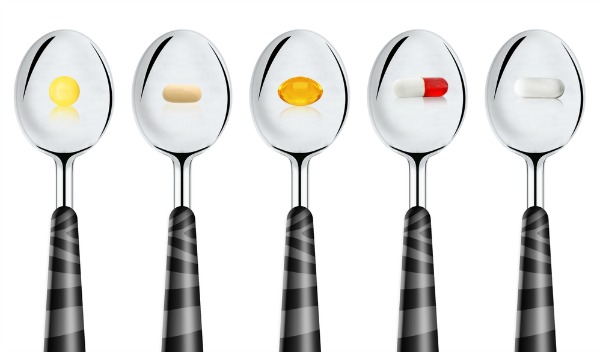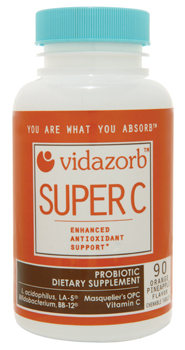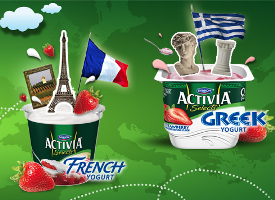Have you ever told someone that you don’t wash your hair every day? Their faces snarl, sometimes they even make a noise indicating their disgust. For someone like me with very, very coarse and curly hair, daily washing isn’t a necessity. If anything, it’s doing more damage than good considering how much shampoos can dry out your hair, strip shine, and wear down the general health of each strand.
Shampoo isn’t the only thing wrecking your hair, a greasy fast-food habit can be just as destructive. The health of each strand of hair shows more than just your showering regimen, it’s an indicator of your total wellness.
“The condition of your hair reflects your nutritional status as well as your overall health,” said Dr. Jessica Wu, Daily Glow‘s Skin + Beauty Expert, Los Angeles dermatologist, and author of Feed Your Face. “If you’re feeding your body plenty of protein and other essential nutrients, your hair is more likely to be strong, shiny, and easier to style. On the other hand, certain dietary deficiencies or imbalances can make hair weak, brittle, difficult to style, or even change color. If you’re not eating the right foods, your hair can get dull, dry, and thin.”
Yes, once again, what you’re eating shows up in more places than the mustard stain on your shirt or the bulge around your belly. Your hair is taking a beating every time you opt for fries over a salad or a Coke instead of a water. Your hair is a reflection of what you eat, making it even more important to be mindful at each meal.
Dr. Wu broke out some impressive science to explain why our hair needs specific amino acids to ensure more than an occasional good hair day. (more…)










